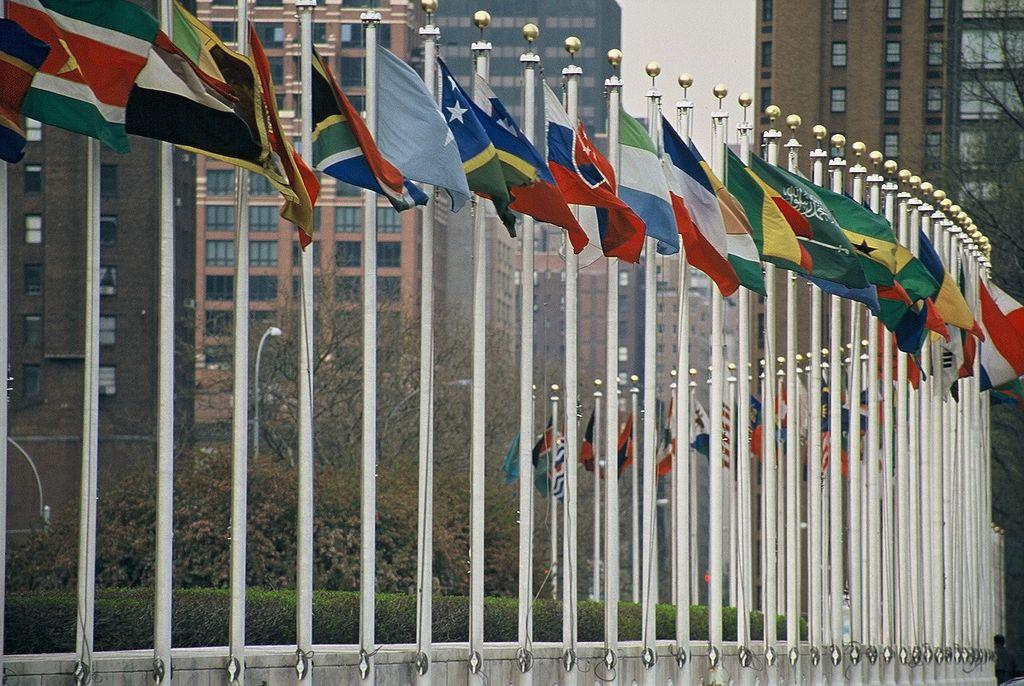Embassies and Consulates in Wallis and Futuna

In most of the countries you will find diplomatic missions, which usually refers to an embassy and/or a consulate. Diplomatic bodies represent other country’s interests in Wallis and Futuna, with the aim of strengthening international relations between the states and providing services for their citizens in Wallis and Futuna.
Embassies and consulates are considered legal territories of their home countries. They are not "foreign territory" but they are protected and considered the property of the country using them, meaning that Wallis and Futuna does not have jurisdiction over the embassy or consulate of another country.
What is the difference between Embassy and Consulate
The Vienna Convention on Consular Relations international treaty defines the diplomatic mission’s purpose and framework. The various diplomatic missions offer several services and carry out different missions. For example:
- Embassy: This is the primary diplomatic representation of a country’s government and is headed by an ambassador. An embassy is the main location for a diplomatic presence of one country in another. A country has at most one embassy in another country, and is always established in the capital city of the host country. In the absence of a consulate in a country, the embassy also has a consular section to carry out all the relevant consular services (see below).
- Consulate General: This is a diplomatic mission, headed by a consul that provides a full range of services such as: issuing passports/visas, keeping birth and marriage records, assisting expats, providing legal information, translations etc. It can be located in any major city of the host country, although often in the capital city (in certain cases, in the same building as the embassy). In major countries and large territories, you often have more than one consulate.
- Honorary Consulate: It supplements the Consulate to provide a limited range of consular services and is headed by an honorary consul. They help nationals abroad. For example, in the event of a hospital stay, missing person, death, natural disaster or another emergency. They can also issue emergency travel documents and consular declarations for which the applicant is required to appear in person.
NB: You will usually apply for a visa at the Consulate of the country you want to visit. However, if there is no such representation in Wallis and Futuna, you can apply for a visa at the embassy.
Where to find Consulates and Embassies in Wallis and Futuna
Not all countries have an Embassy and/or a Consulate as it depends on the political situation, the relationship with the host country, the size of the country, and the number of foreign citizens living there.
In some cases, countries can share representations and you can be assisted by the services of another embassy or consular service to get the information you need.
We recommend you register/contact your country’s embassy at your destination. It is a free service provided by any diplomatic mission and it will allow them to record information about your upcoming trip abroad. It can be used to assist you in case of an emergency.
Registration will also allow you to get routine information from your nearest embassy or consulate, as citizens residing abroad.
Wallis and Futuna is a small French overseas collectivity in the South Pacific, with a population of around 11,000 people. Due to its small size and remote location, there are no foreign embassies or consulates located directly on the islands.
As a French territory, Wallis and Futuna's diplomatic representation is handled by France. Any consular services for foreign nationals in Wallis and Futuna would typically be provided by the nearest embassy or consulate of their home country, which would likely be located in New Caledonia, Fiji, or potentially in mainland France.
French citizens living in or visiting Wallis and Futuna can receive consular services through the French administration on the islands.
For specific diplomatic or consular needs, individuals would need to contact their country's nearest diplomatic mission or the French authorities, depending on their nationality and the nature of their inquiry. In case of emergency, consular assistance can be obtained from the designated embassy representation in Paris, France.
- My Life Abroad -
A selection of expat stories

"A fun compulsive read!"
J. Matcham, Amazon
"I strongly advise people ready to live abroad to read this book!"
Patrice, Amazon

 What is a Schengen Visa?
What is a Schengen Visa?
 AGS Worldwide Movers
AGS Worldwide Movers Fexco payment solutions
Fexco payment solutions 1stMove Car Shipping
1stMove Car Shipping